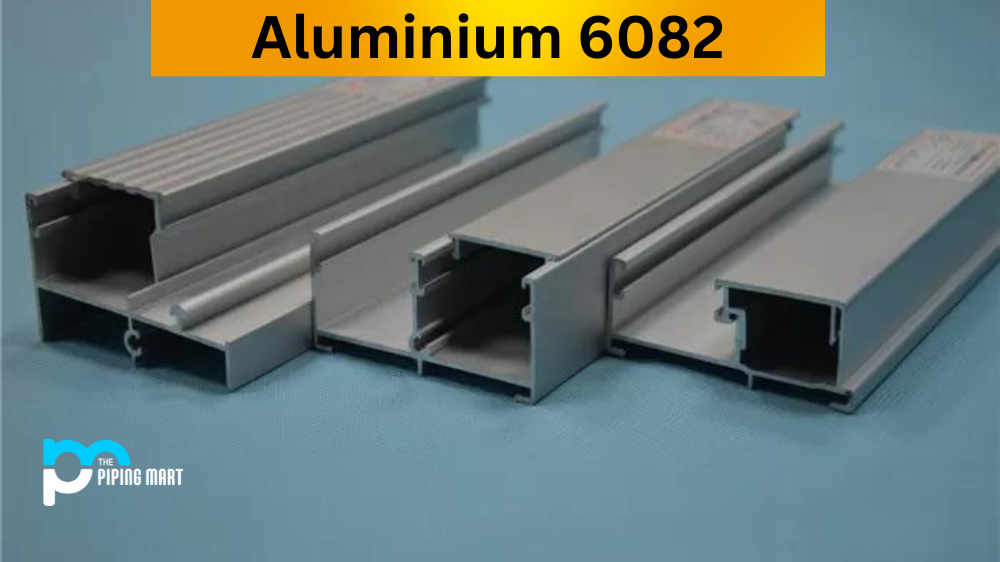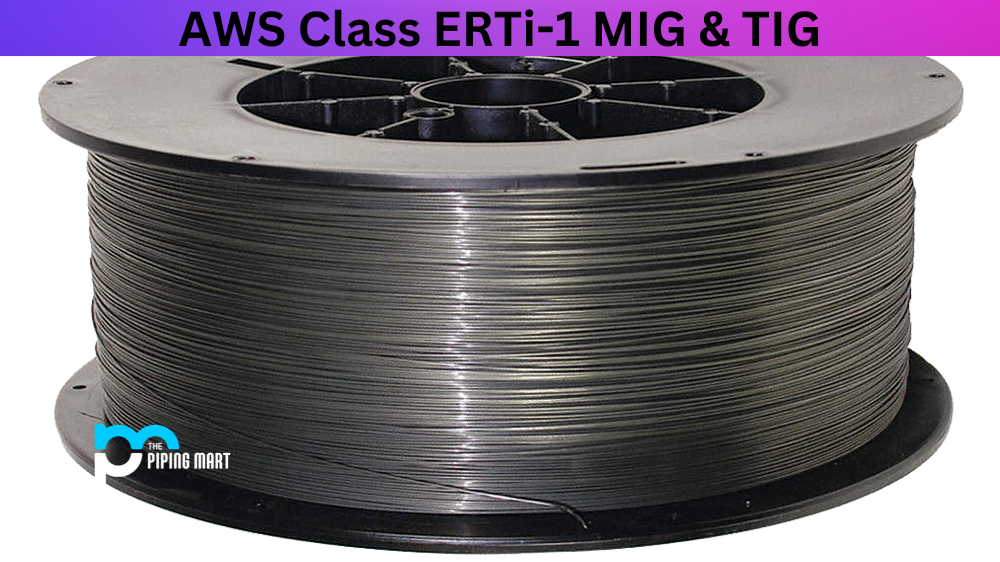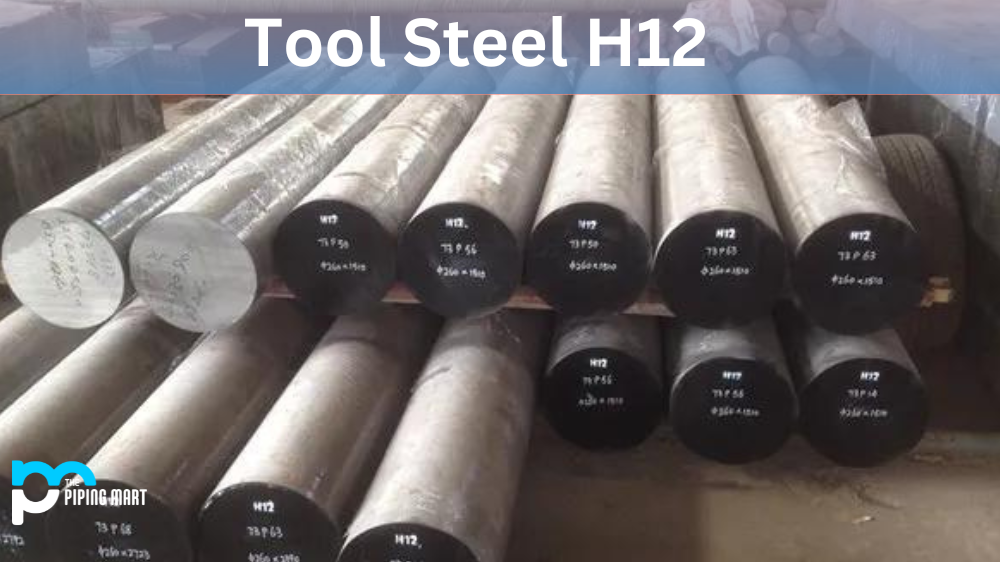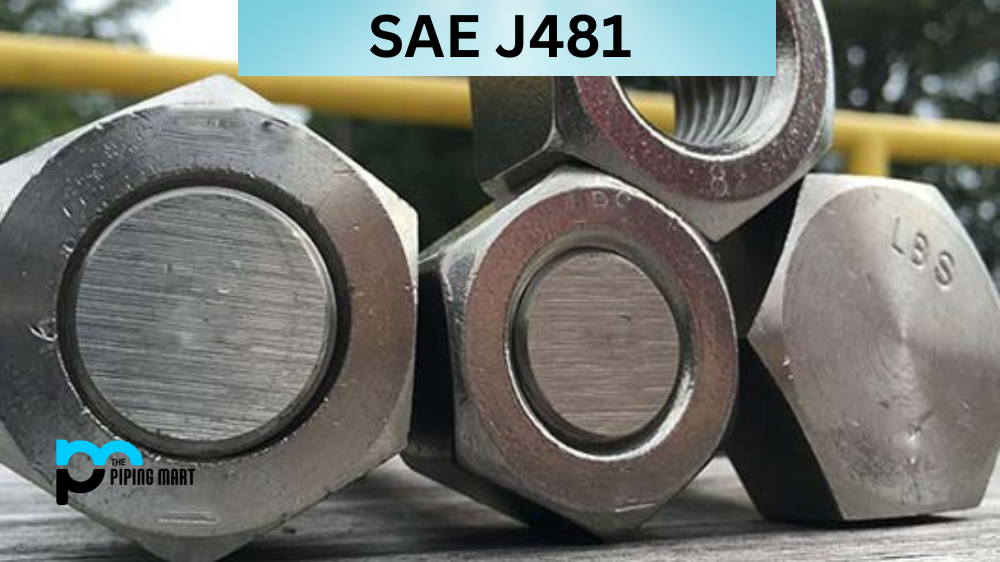Aluminium 6082 is an alloy of aluminum, magnesium, and silicon. Aluminium 6082 is a popular choice for several applications due to its superior properties, high strength, durability, and excellent corrosion resistance. Additionally, businesses frequently choose this alloy due to its competitive pricing, with the current market average for Aluminium 6082 price per kg ranging between ₹250 to ₹450. Whether you require Aluminium 6082 for construction, transportation, or another purpose, its affordability and quality make it an optimal choice for your metal needs. In this blog post, we will discuss the properties, uses, and corrosion resistance of aluminium 6082. We will also look at how it can be heat treated, machined, and welded.
6082 Alloy Composition
| Element | % Present |
|---|---|
| Si | 0.7-1.3 |
| Fe | 0.0-0.5 |
| Cu | 0.0-0.1 |
| Mn | 0.4-1.0 |
| Mg | 0.6-1.2 |
| Zn | 0.0-0.2 |
| Ti | 0.0-0.1 |
| Cr | 0.0-0.25 |
| Al | Balance |
6082 Alloy Mechanical Properties
| Mechanical Properties of 6082 Alloy | |
|---|---|
| Property | Value |
| Proof Stress | 85 Max MPa |
| Tensile Strength | 150 Max MPa |
| Hardness Brinell | 40 HB |
6082 Alloy Physical Properties
| Property | Value |
|---|---|
| Density | 2700 kg/m3 |
| Melting Point | 555°C |
| Modulus of Elasticity | 70 GPa |
| Electrical Resistivity | 0.38 x 10-6 Ω.m |
| Thermal Conductivity | 180 W/m.K |
| Thermal Expansion | 24 x 10-6/K |
6082 Alloy Equivalent
- AA6082
- HE30
- DIN 3.2315
- EN AW-6082
- ISO: Al Si1MgMn
- A96082
6082 Alloy Uses
aluminum 6082 has a broad range of uses in both domestic and industrial settings. It is used for manufacturing structural components such as bridges, towers, frames for construction projects, conveyor frames for mechanical applications and lorry bodies. It is also used for making decorative items such as window frames, door frames and even garden furniture. This makes it a very versatile material with many practical applications.
Corrosion Resistance
One of the primary benefits of using aluminum 6082 is its excellent corrosion resistance. This alloy has the ability to resist corrosion in marine environments which makes it ideal for use in industries that require materials that can withstand harsh weather conditions without corroding or rusting easily. The combination of magnesium and silicon present in the alloy helps to increase its corrosion resistance properties even further.
Heat Resistance
Aluminium 6082 also has good thermal conductivity, making it suitable for heat exchange applications such as radiators or heat exchangers in air conditioning systems. The high thermal conductivity ensures that heat can be dissipated quickly from the component, which prevents overheating from occurring during operation. This makes it a great choice when working with high-temperature systems or components that require consistent cooling during operation.
Heat Treatment
Heat treatment is an important part of working with aluminum alloys such as aluminum 6082 due to its tendency to work hard during machining operations. Heat treatment helps to reduce this tendency by allowing manufacturers to adjust the material’s strength and hardness levels to suit their requirements while maintaining the desired level of ductility or malleability, depending on what type of application they are producing components for.
Machining
Machining aluminium alloys such as aluminium 6082 can be tricky due to their tendency to work hard during machining operations if not properly heat treated beforehand. To ensure optimal performance from parts produced from this alloy, it is important to use cutting tools made from materials specifically designed for working with aluminum alloys, such as high-speed steel or tungsten carbide tipped cutters which are better suited for handling these materials than traditional carbon steel cutters would be. This ensures smoother cuts with less chance of tool breakage while also helping to reduce chip formation during machining operations, which can help improve overall part quality while decreasing production times significantly.
Welding
Welding aluminum alloys require special techniques since they do not respond well to traditional welding processes either due to their high melting points or lack of surface tension when heated up. Special techniques must be employed when welding any aluminum alloy, including aluminum 6062, such as using a TIG (inert tungsten gas) torch instead of a MIG (inert metal gas) torch so that proper arc control can be obtained while welding these materials. Proper safety precautions should always be taken when welding any aluminum alloy since exposure to ultraviolet light emitted by the arc flash can cause serious eye damage if not adequately protected.
Conclusion:
As you can see, there are many advantages associated with using aluminium 6062 in your applications thanks largely in part due its excellent strength-to-weight ratio combined with its outstanding corrosion resistance properties, making it ideal for use in a wide range of industries from automotive engineering through aerospace construction right down through consumer goods production too. Its easy machinability combined with its good weldability makes this an incredibly versatile material meaning that no matter what your needs may be, chances are you’ll find an application where Aluminum 6062 could prove invaluable!

A passionate metal industry expert and blogger. With over 5 years of experience in the field, Palak brings a wealth of knowledge and insight to her writing. Whether discussing the latest trends in the metal industry or sharing tips, she is dedicated to helping others succeed in the metal industry.




